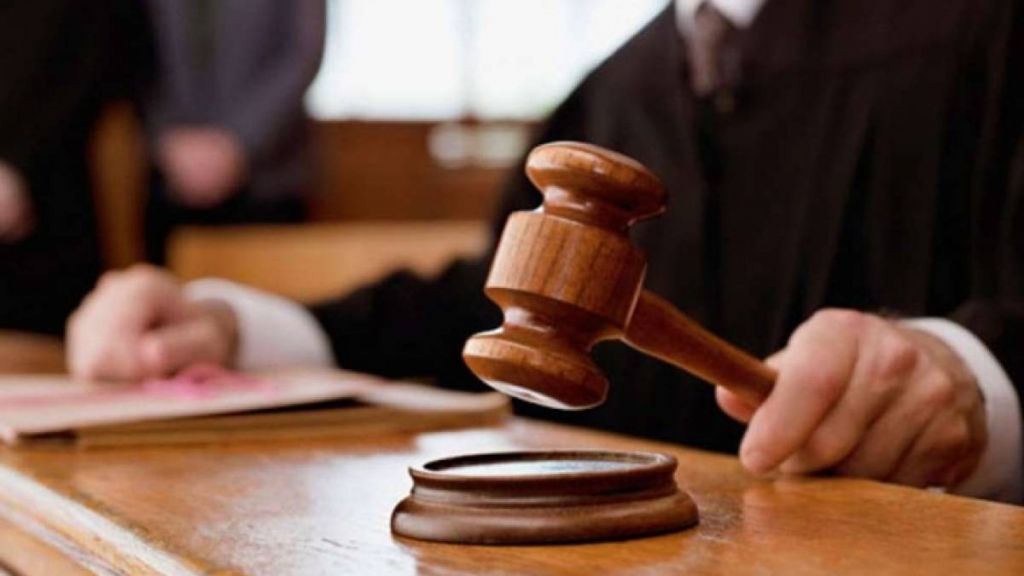
Mumbai: The Thane Sessions Court, while acquitting 25-year-old Navi Mumbai resident Imran Sayyad of charges of attempted murder, held that although the charges against the accused were not proven, the prime accused in the case is still absconding.
The court stated that it would be inappropriate to conclude the entire trial under such circumstances. As a result, even though Sayyad has been acquitted, the case remains open, and the trial will again proceed once the prime accused is arrested and charge-sheeted.
“On perusal of the evidence of key witnesses, there is hardly any incriminating material against the present accused. Thus, the present accused deserves the benefit of doubt. However, as far as the absconding co-accused are concerned, there is evidence against them, particularly against Anant Jairam Bhagat alias Annu Pangya alias Langdya, who remained absconding at the fag end of the trial''.
''Since there is material evidence against the absconding co-accused, it would be inappropriate to dispose of the entire trial in their absence. Therefore, the concerned police are directed to apprehend the absconding accused and file a separate charge sheet,” the court observed.
According to the prosecution, on August 29, 2015, Sandeep alias Sanjay Gadekar, a resident of Ahmednagar, visited his sister in Taloja for Raksha Bandhan.
Two days later, on August 31, 2015, Sandeep was allegedly assaulted by 5 to 6 individuals in Kalwa. He was later taken to Kalwa Civil Hospital for treatment.
Sandeep’s fiancée testified that a month before the assault, he had been allegedly involved in a scuffle with a local goon and had been receiving constant threats from the accused, which eventually led to the attack.
The court held that the prosecution failed to provide sufficient evidence to prove the charges against Sayyad. However, it noted the presence of incriminating evidence against the absconding accused.
Consequently, the court decided to keep the case open, allowing the police to arrest the absconding accused, file a charge sheet, and conduct a trial against them in connection with the same case.